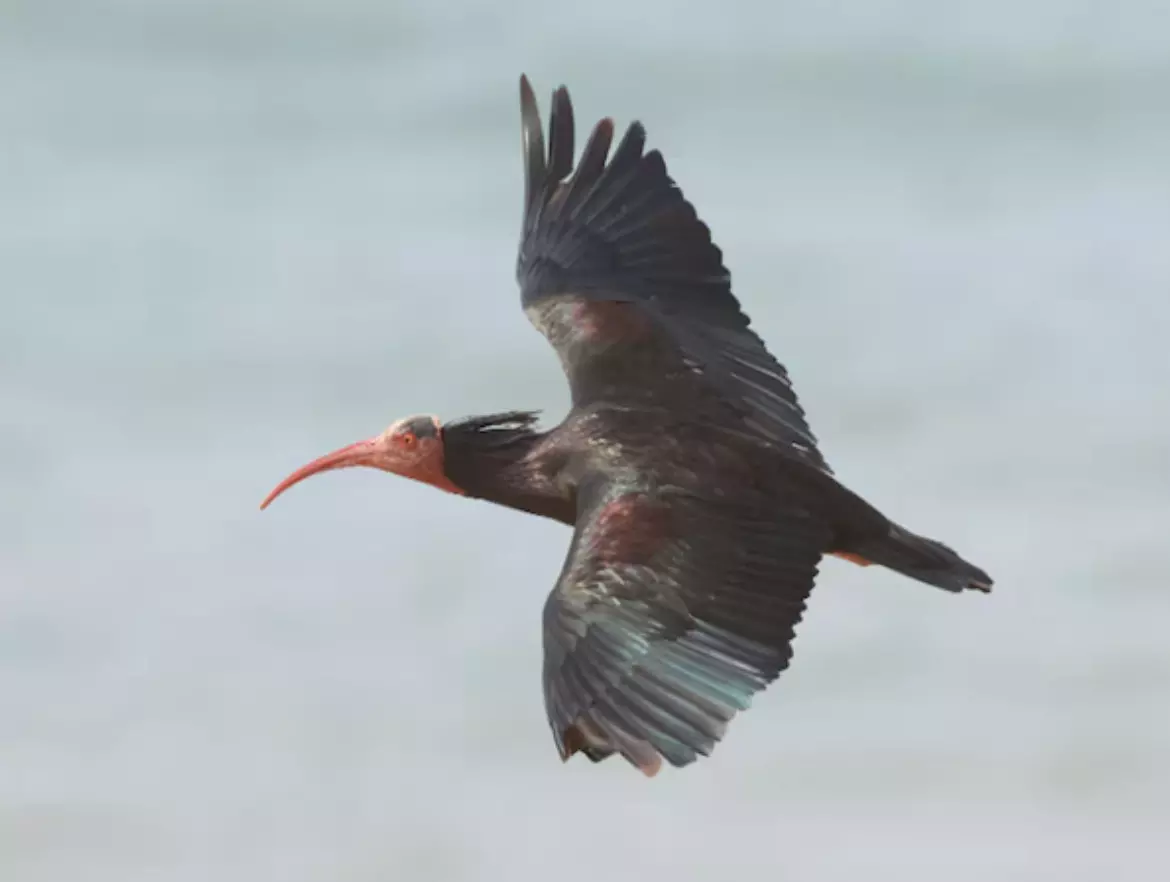Northern Bald Ibis returns to Europe after 300 years
Northern Bald Ibis returns to Europe after 300 years

The northern bald ibis, a bird with glossy plumage and distinctive curved beaks, has made a remarkable return to Europe after vanishing for over three centuries. Once widespread across three continents and symbolically significant in ancient cultures, the species faced near extinction due to human activities such as hunting, habitat destruction, and pesticide use. By the late 20th century, only 59 breeding pairs remained in Morocco.
Conservation Success in Morocco
Conservation efforts in Morocco, particularly the establishment of the Souss-Massa National Park, played a crucial role in protecting the breeding and feeding habitats of the northern bald ibis. A research program initiated in 1984 and expanded in 1994 helped monitor and significantly recover the population. Today, there are over 500 northern bald ibises in the wild, prompting the International Union for Conservation of Nature (IUCN) to change their status from "critically endangered" to "endangered."
Return to Europe
Despite their survival in Morocco, the northern bald ibis had disappeared from Europe. However, recent reintroduction projects have shown promising results. In Spain, Andalusia successfully reintroduced the species into the wild, raising chicks by human 'parents' and gradually releasing them into their natural habitat. This effort began in 2004 and has helped re-establish the species in southern Europe.
Austrian biologist Johannes Fritz adopted a unique approach to reintroduce a migratory population in Austria and Germany. Raised in captivity, the birds lacked knowledge of migratory routes. To teach them, Fritz and his team used ultralight aircraft to guide the ibises to southern Europe. The aircraft, equipped with a small fan motor and a yellow parachute, led the birds from Germany to Spain, adapting the route due to environmental changes.
Ongoing Challenges
Despite these successes, the northern bald ibis still faces significant challenges. Poaching, pesticides, and climate change continue to threaten their survival. In 2023 alone, poaching accounted for the loss of 17 percent of migrating birds in Europe. Climate change forces the ibises to adjust their migration patterns and timing, complicating their efforts to survive.
The return of the northern bald ibis to Europe after 300 years is a testament to the power of dedicated conservation efforts. However, continued vigilance and support are essential to ensure the species thrives for future generations.

